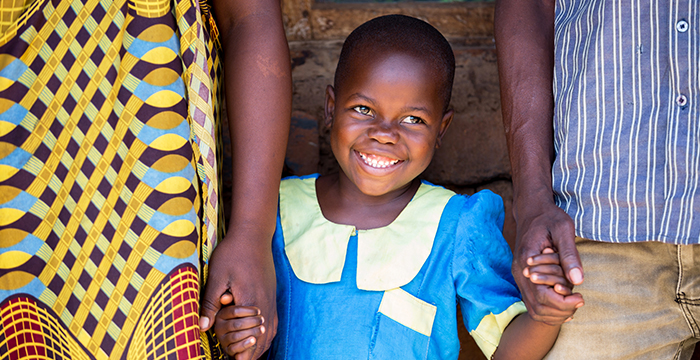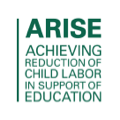ILO
Promoting decent work
The International Labour Organization (ILO) is the United Nation’s specialized agency for the world of work and has the world’s leading program for the elimination of child labor. Underlying the ILO’s work is the importance of cooperation between governments and employers’ and workers’ organizations in fostering social and economic progress.
The International Labour Organization (ILO) was created in 1919, as part of the Treaty of Versailles that ended World War I, to reflect the belief that universal and lasting peace can be accomplished only if it is based on social justice. The driving forces for the ILO’s creation arose from security, humanitarian, political and economic considerations, and it brought together the three major parties: governments, employers, and bodies representing workers’ interests. Today, the ILO is devoted to promoting social justice and internationally recognized human and labor rights, pursuing its founding mission that labor peace is essential to prosperity. It promotes rights at work, encourages decent employment opportunities, enhances social protection and strengthens dialogue on work-related issues.
The ILO aims to achieve reduction of child labor by strengthening the capacity of countries to deal with the problem, and by promoting a worldwide movement to combat child labor. It works closely with governments and communities to develop effective programs to address the underlying causes of child labor and sees local and national government ownership of these as critical to success.
For more information about the ILO please visit ilo.org
ILO in action with ARISE
The main focus of the ILO with ARISE is to engage in dialogue with national, regional, and local government bodies to improve awareness and advocate for the development and implementation of more effective policies in relation to the reduction of child labor. Activity is based on mainstreaming child labor concerns into relevant government policies and programs. On the ground activities include management of rapid assessments and establishing and running vocational training centers that teach 15-17 year olds new skills such as sewing and production of clothes, bricklaying and carpentry.




